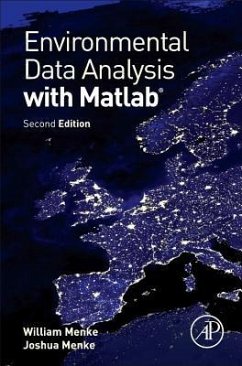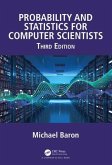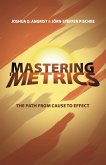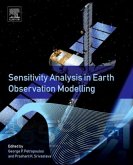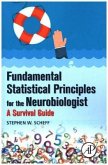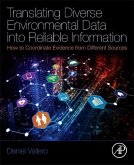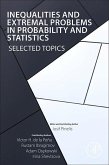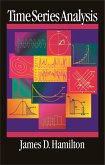Environmental Data Analysis with MatLab is a new edition that expands fundamentally on the original with an expanded tutorial approach, new crib sheets, and problem sets providing a clear learning path for students and researchers working to analyze real data sets in the environmental sciences. Since publication of the bestselling Environmental Data Analysis with MATLAB®, many advances have been made in environmental data analysis. One only has to consider the global warming debate to realize how critically important it is to be able to derive clear conclusions from often noisy data drawn from a broad range of sources. The work teaches the basics of the underlying theory of data analysis and then reinforces that knowledge with carefully chosen, realistic scenarios.
MATLAB®, a commercial data processing environment, is used in these scenarios. Significant content is devoted to teaching how it can be effectively used in an environmental data analysis setting. This newedition, though written in a self-contained way, is supplemented with data and MATLAB® scripts that can be used as a data analysis tutorial.
New features include boxed crib sheets to help identify major results and important formulas and give brief advice on how and when they should be used. Numerical derivatives and integrals are derived and illustrated. Includes log-log plots with further examples of their use. Discusses new datasets on precipitation and stream flow. Topical enhancement applies the chi-squared test to the results of the generalized least squares method. New coverage of cluster analysis and approximation techniques that are widely applied in data analysis, including Taylor Series and low-order polynomial approximations; non-linear least-squares with Newton's method; and pre-calculation and updating techniques applicable to real time data acquisition.
MATLAB®, a commercial data processing environment, is used in these scenarios. Significant content is devoted to teaching how it can be effectively used in an environmental data analysis setting. This newedition, though written in a self-contained way, is supplemented with data and MATLAB® scripts that can be used as a data analysis tutorial.
New features include boxed crib sheets to help identify major results and important formulas and give brief advice on how and when they should be used. Numerical derivatives and integrals are derived and illustrated. Includes log-log plots with further examples of their use. Discusses new datasets on precipitation and stream flow. Topical enhancement applies the chi-squared test to the results of the generalized least squares method. New coverage of cluster analysis and approximation techniques that are widely applied in data analysis, including Taylor Series and low-order polynomial approximations; non-linear least-squares with Newton's method; and pre-calculation and updating techniques applicable to real time data acquisition.

